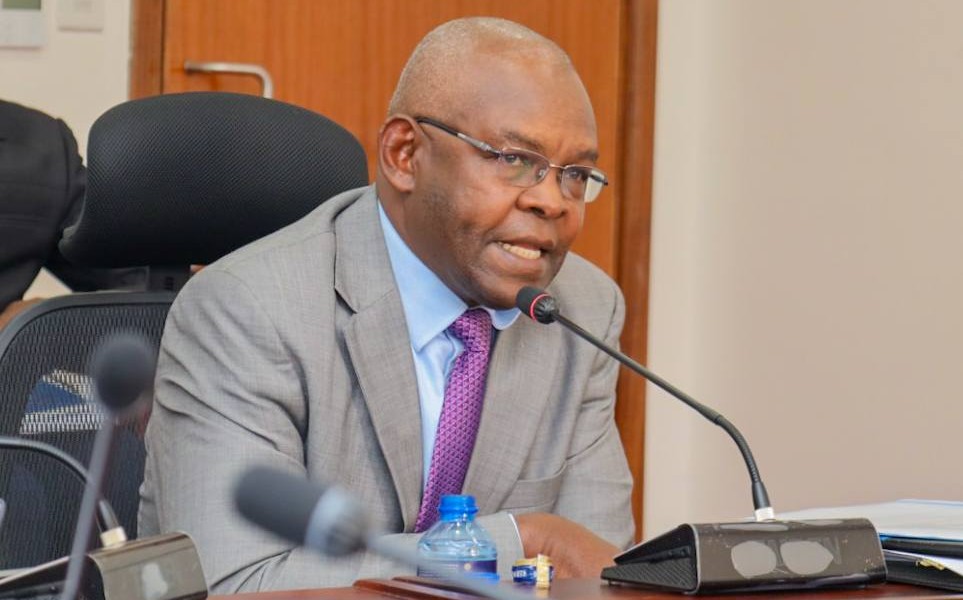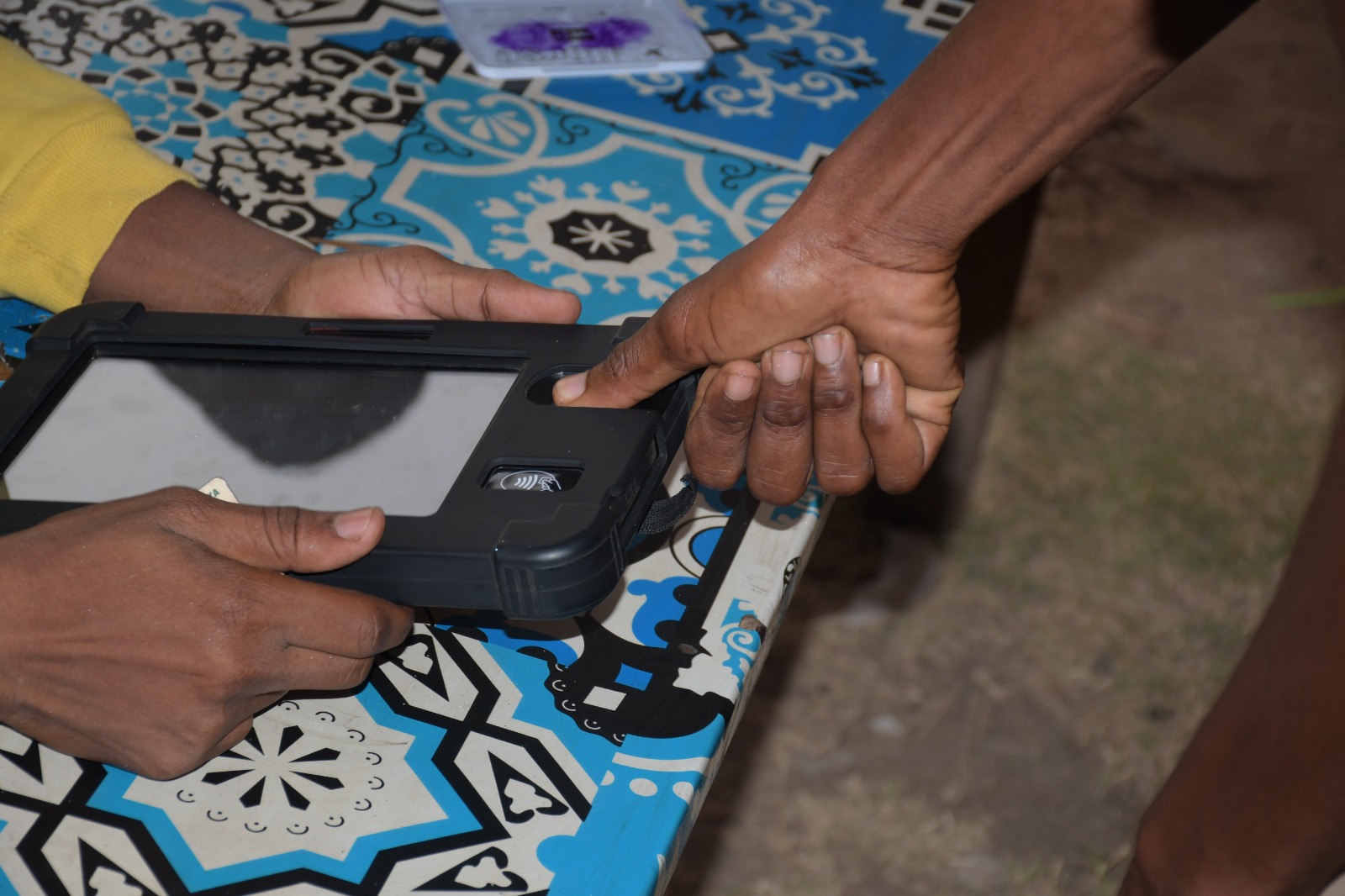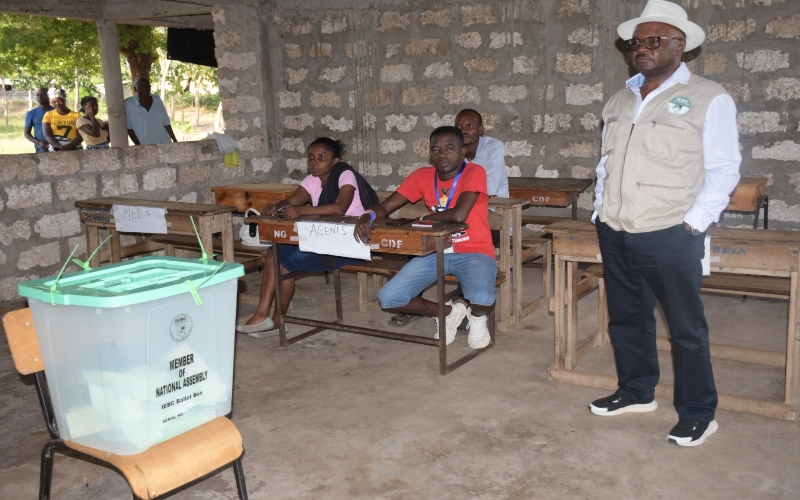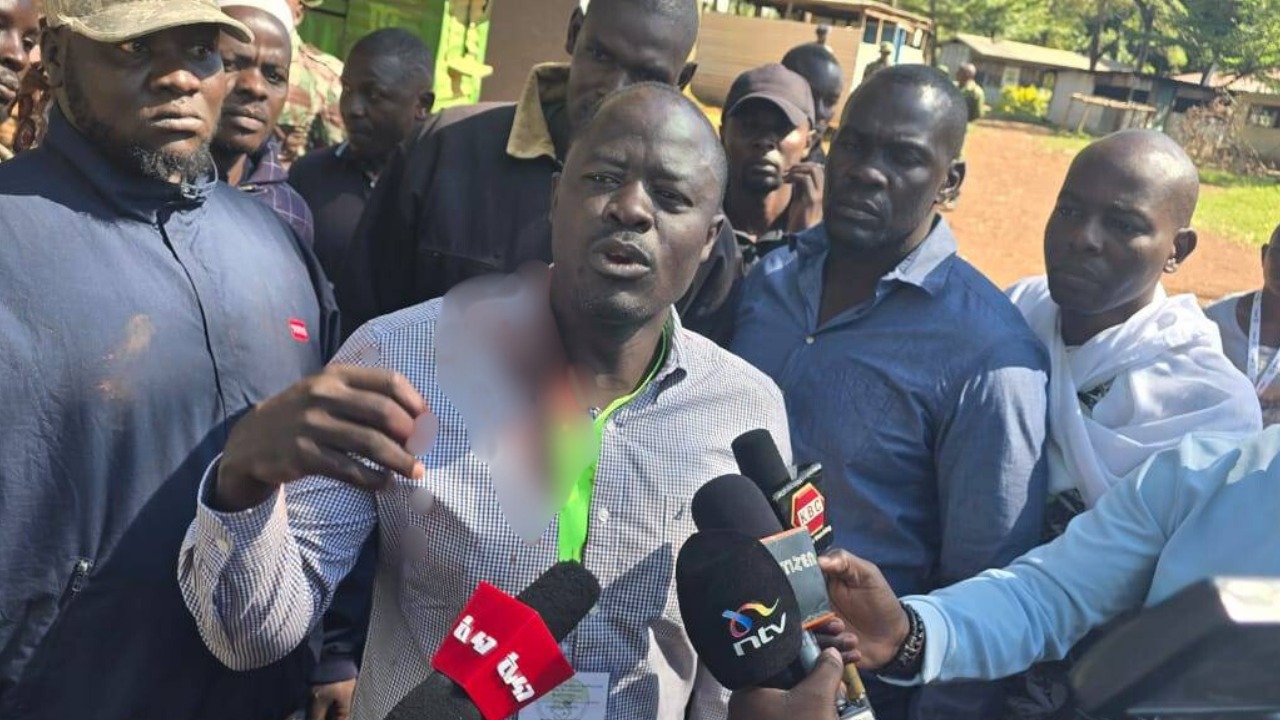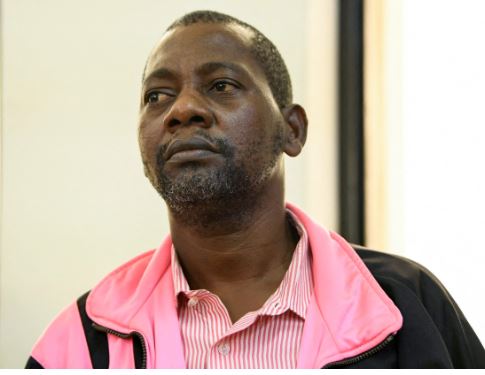Salasya hate speech case to proceed after NCIC mediation collapses
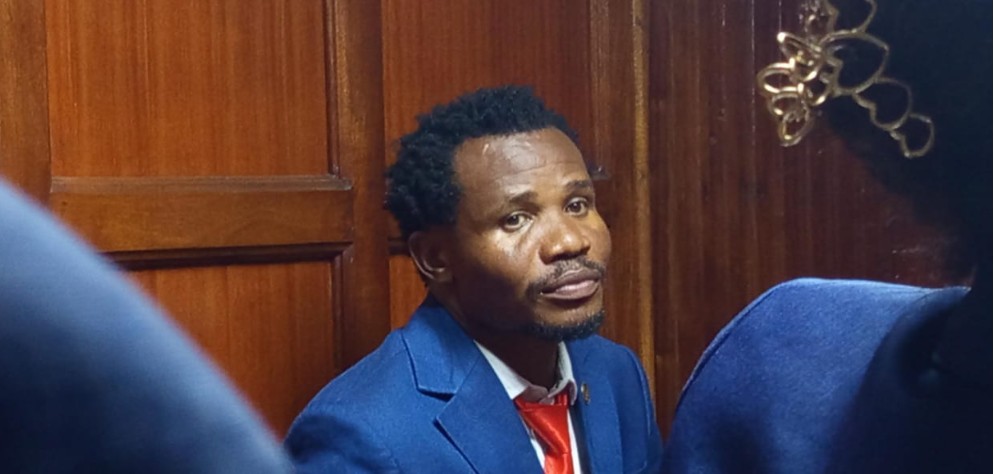
The case against MP Salasya arises from statements he allegedly made during a public event earlier this year, which the prosecution claims were inflammatory and intended to incite ethnic divisions.
The Milimani Magistrate's Court has directed that the hate speech case against Mumias East Member of Parliament, Peter Salasya, proceed to a full hearing after attempts to resolve the matter through the National Cohesion and Integration Commission (NCIC) collapsed.
Senior Resident Magistrate Paul Mutai on Monday fixed the case for hearing on January 17, 2026, after being informed that reconciliation efforts before the Commission had stalled due to the expiry of the NCIC commissioners' term.
More To Read
- DPP calls for stronger inter-agency action on hate speech and incitement cases
- Gachagua, governors, and MPs under probe by NCIC for inflammatory statements
- Outgoing NCIC faces scrutiny over last-minute recruitment of 22 staff
- IEBC says poll preparations on track as police move to contain violence in Kasipul, Mbeere North
- Kenya’s criminal gangs trace back to independence era, NCIC says
- NCIC warns of criminal gangs using social media to recruit, mobilise
Prosecutor Virginia Kariuki told the court that the Commission, which had been tasked with mediating between the parties, was no longer operational and thus unable to undertake the conciliation process.
"The proceedings before the NCIC could not continue because the commissioners' term lapsed before the process could begin," she explained.
In his ruling, Magistrate Mutai observed that the case had been delayed long enough and should not remain in limbo simply because the Commission was inactive.
He emphasised that criminal proceedings must move forward regardless of administrative challenges facing independent institutions.
"The court cannot rely on a non-functional body to determine whether a criminal matter should proceed. Justice must not be held hostage by institutional gaps," the magistrate stated.
Last month, the prosecution successfully applied to have the case referred to the NCIC in a bid to explore reconciliation, noting that the Commission's mandate includes promoting national harmony and preventing ethnic tensions.
The move was intended to encourage dialogue as an alternative to prosecution.
However, the lapse of the NCIC's term has effectively paralysed similar hate speech cases that had been referred for conciliation, leaving them in uncertainty until new commissioners are appointed.
Magistrate Mutai also raised concern over the timing of the NCIC's involvement, questioning why the Commission had not intervened before the MP was charged.
He observed that the body's preventive and advisory functions should ideally precede criminal proceedings in such matters.
The prosecution, however, clarified that while the Office of the Director of Public Prosecutions (ODPP) and the NCIC often collaborate on hate speech investigations, they operate independently under different legal mandates.
The case against MP Salasya arises from statements he allegedly made during a public event earlier this year, which the prosecution claims were inflammatory and intended to incite ethnic divisions.
Top Stories Today
Reader Comments
Trending


